Most people wouldn’t list Japan as a poor country. Indeed, the income per capita is almost $45,000 USD, compared to just $4,940 for China or $820 for Cambodia (World Bank).
But what if a nation’s wealth was measured not just by money, but also by its strength of human relationships, its people’s connections to the Living God, the hopeful visions encapsulated by its youth? In that case, Japan might be considered desperate–along with many other “rich” countries in our world.
Shun Jinnai helped found Friends with the Voiceless, the Japanese arm of the DNA.

“This is a result of the story that Japanese people have been following,” says Shun. “The story is about economic sufficiency and individualism.”
“That story turned out not to be trustworthy, all of a sudden,” he says of March and April 2011, when the country suffered its most powerful recorded earthquake followed by a ferocious tsunami and the worst nuclear disaster since Chernobyl.
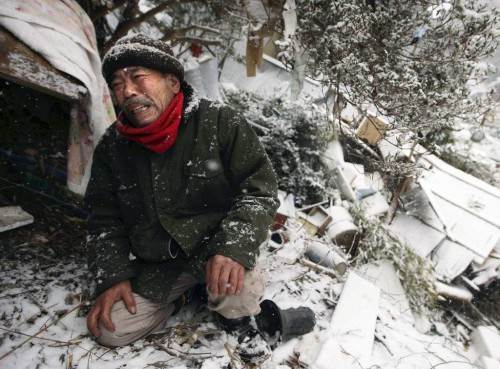
“So, people of Japan are in a big question now,” he says. “They are asking, how should we live now? Because we lost our story.” He says what Japanese people need is “restoration of relationship … serving each other, like Jesus did, and the image of family that the Bible tells us.”
Since 2004, Shun has employed local resources and bold creativity to reach Japanese who are lonely or lost. That year, he heard a DNA speaker and “was so touched by the concept that a church should care for the most broken in society,” he says.
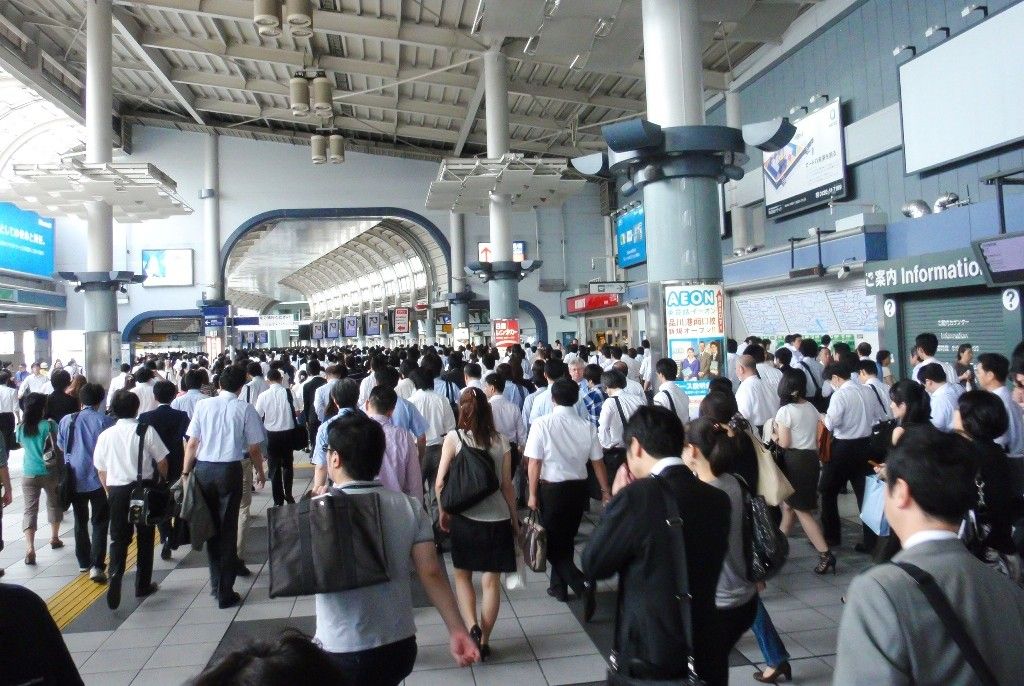
He gathered a few friends and looked for trash to pick up–anything to bring God’s beauty, goodness and truth to his community. After one month, the small group was ready to go deeper. They came back to the train station with a sign: “We will listen to you for free.”
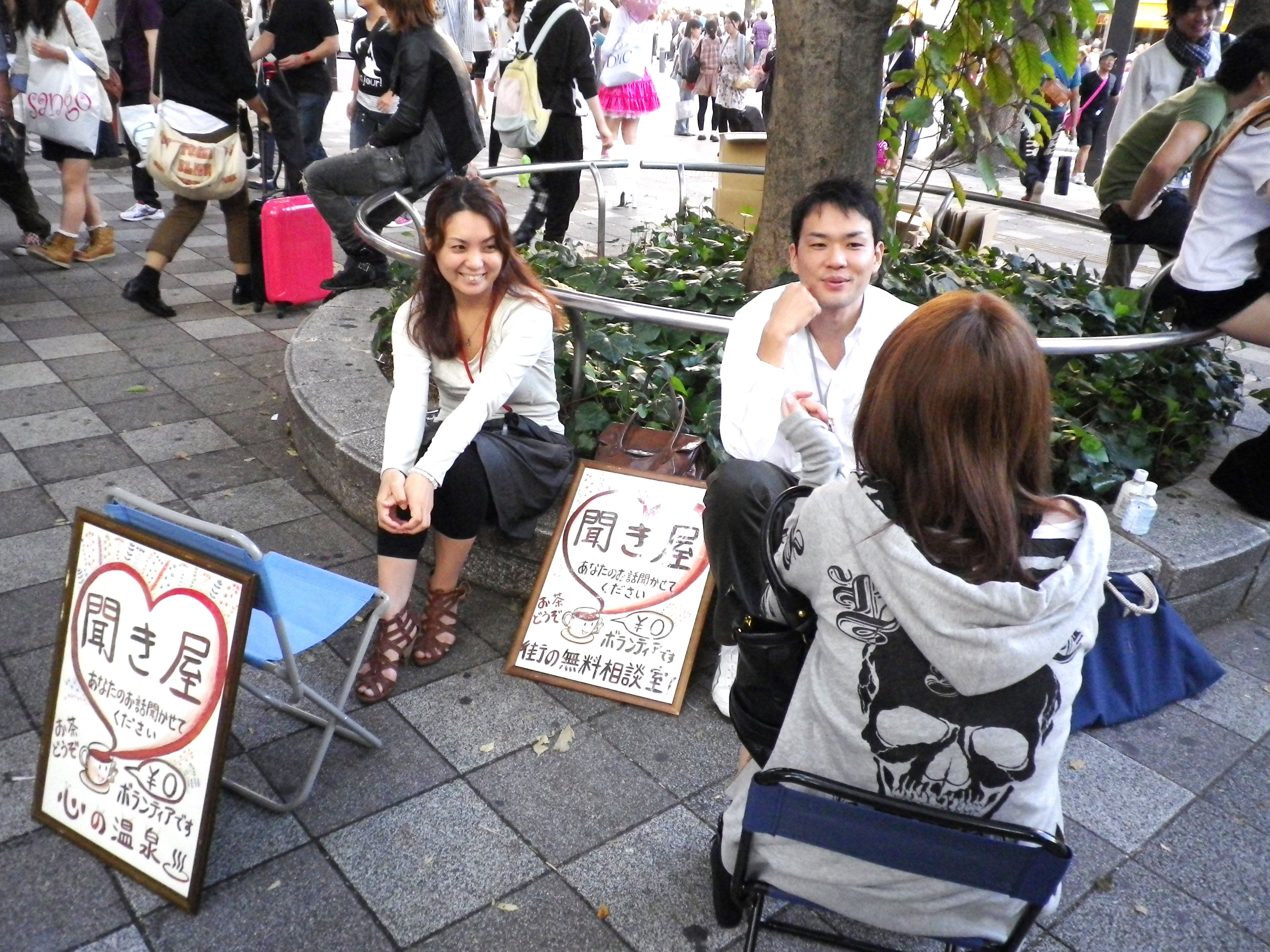
They listened to people’s struggles with anxiety or anger; often, teens would arrive wanting to discuss their parents’ divorce and broken families. Some visitors would ask why Shun and his friends were doing this, which opened the door for sharing their own stories of the freedom they found in Christ.
Many of those visits led to people trusting Christ as their hope and savior, then being baptized, and the ministry grew.
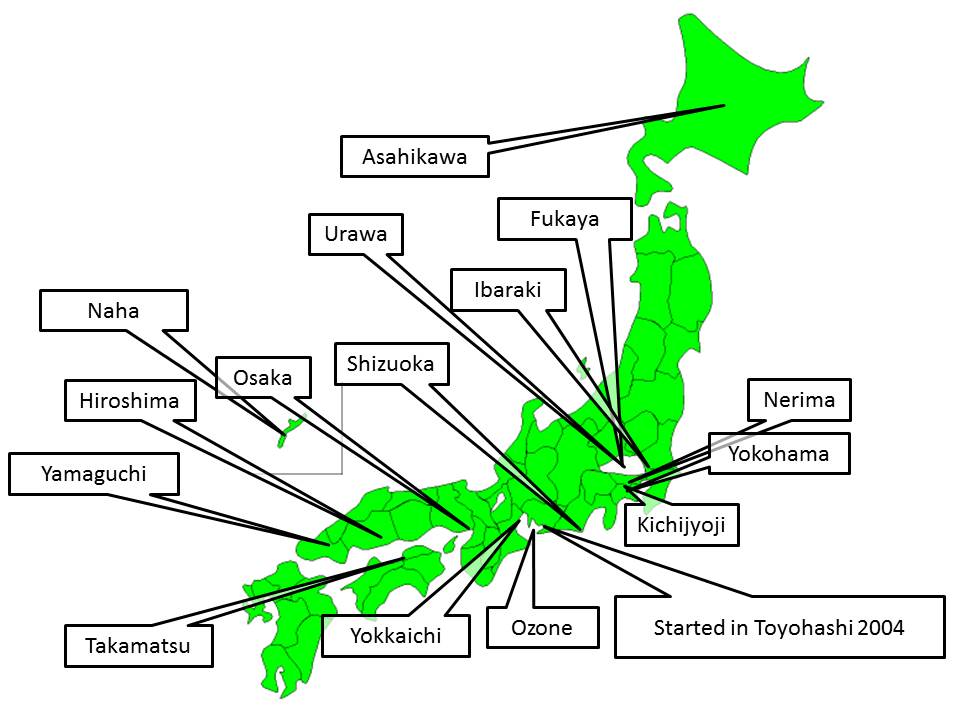
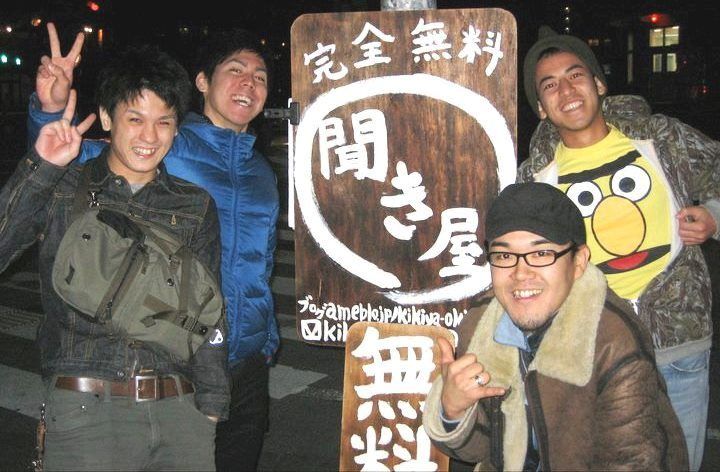
Shun’s story is an example of a Seed Project: a small-scale, wholistic outreach done by a small group of people to demonstrate God’s love in practical ways. Sometimes, as in Shun’s case, God grows those small seeds into ministries that bear abundant fruit!
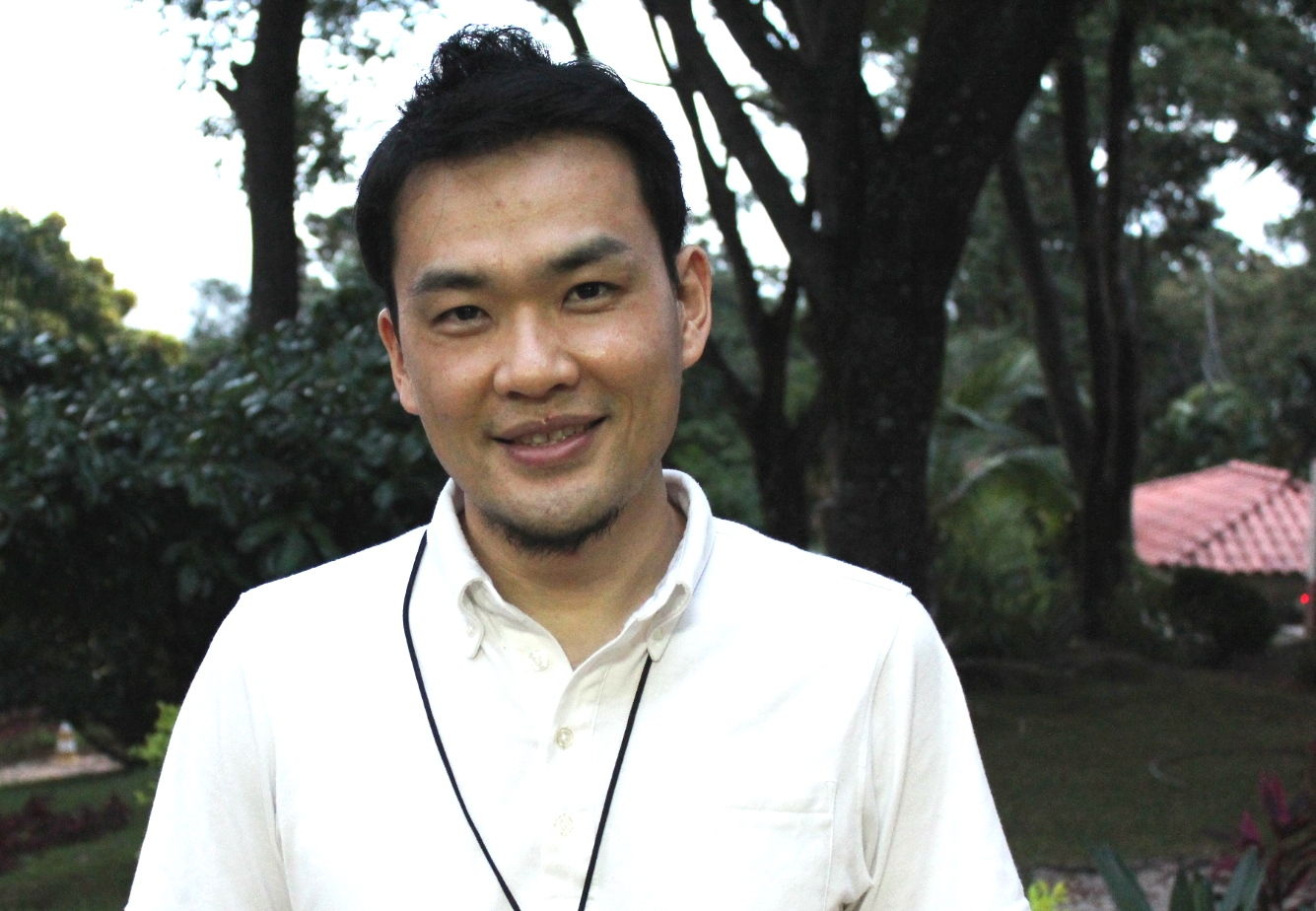

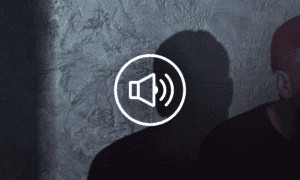


What a blessing to know that Christ is moving in Japan as well.
May God continue to bless you.
Our prayers are with you! ^^
Truly we can make disciples of nations.
Well that was inspiring! 🙂
I am amazed and a very practical way of sharing jesus…